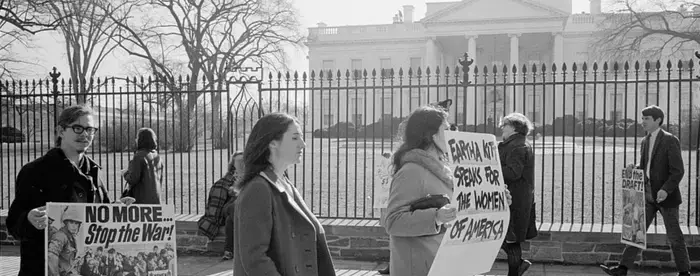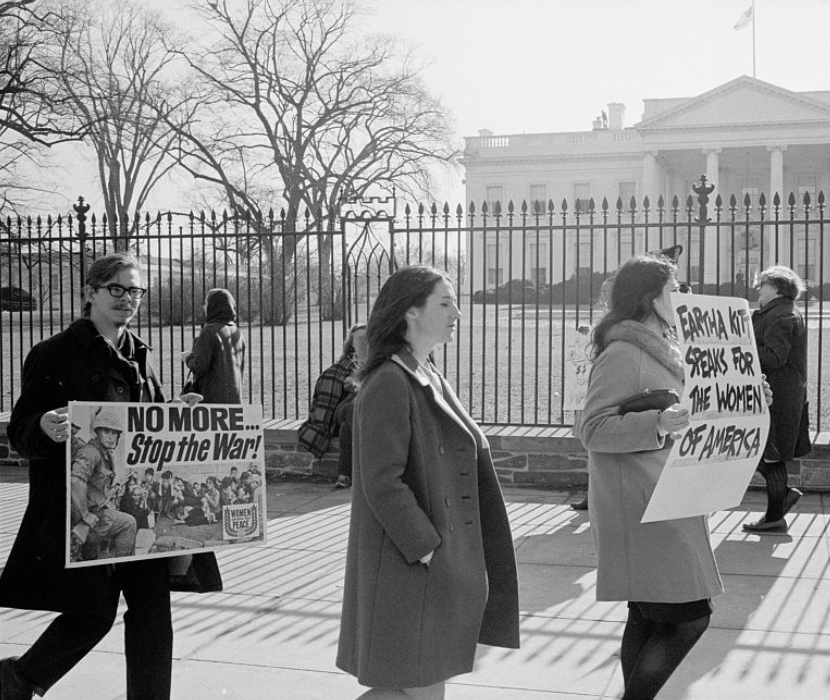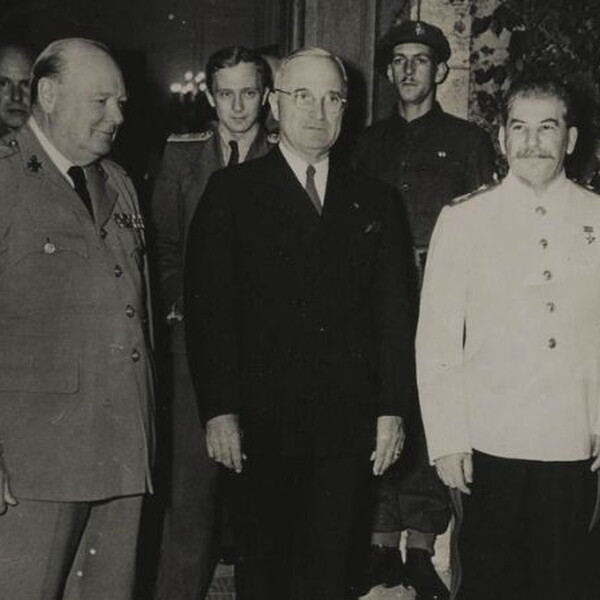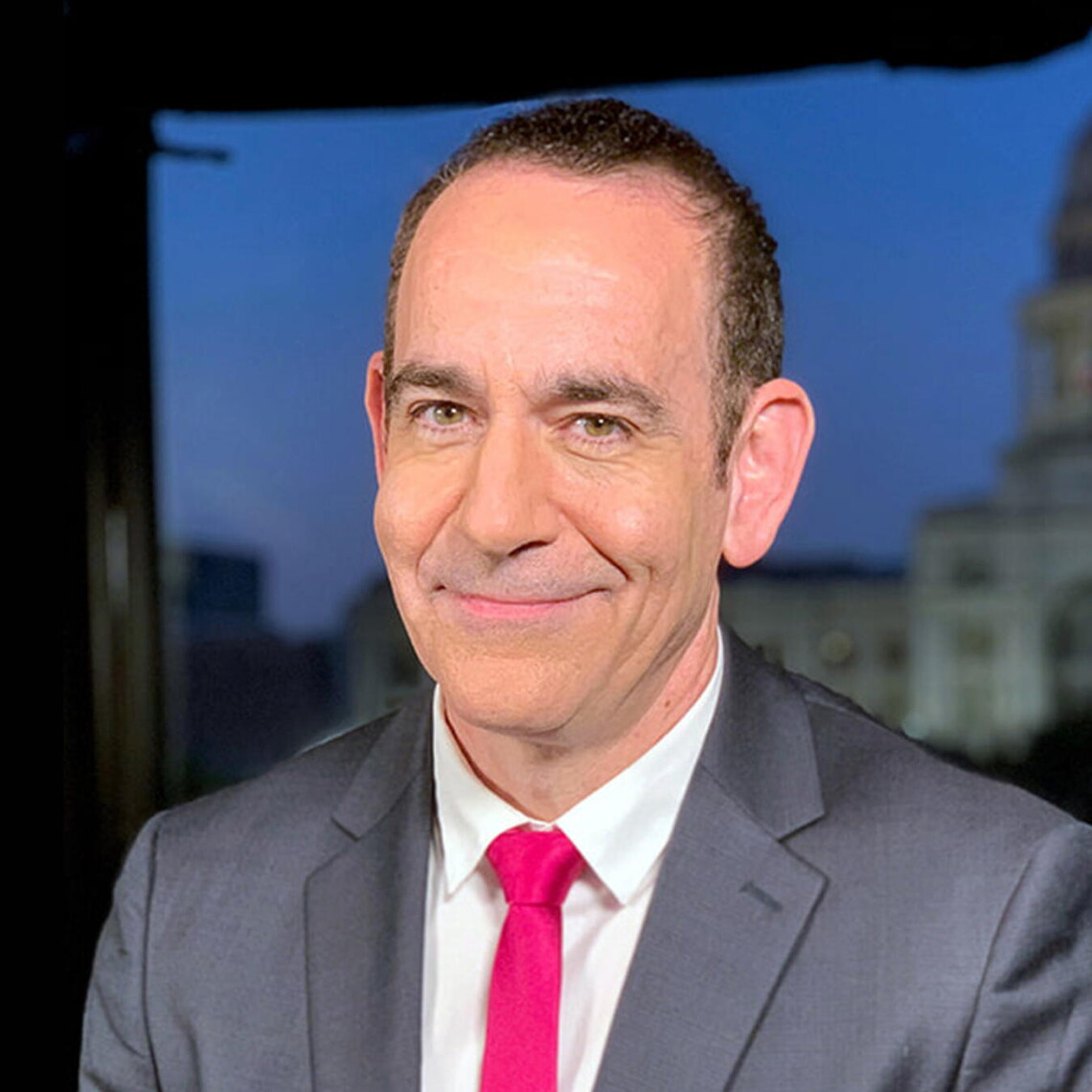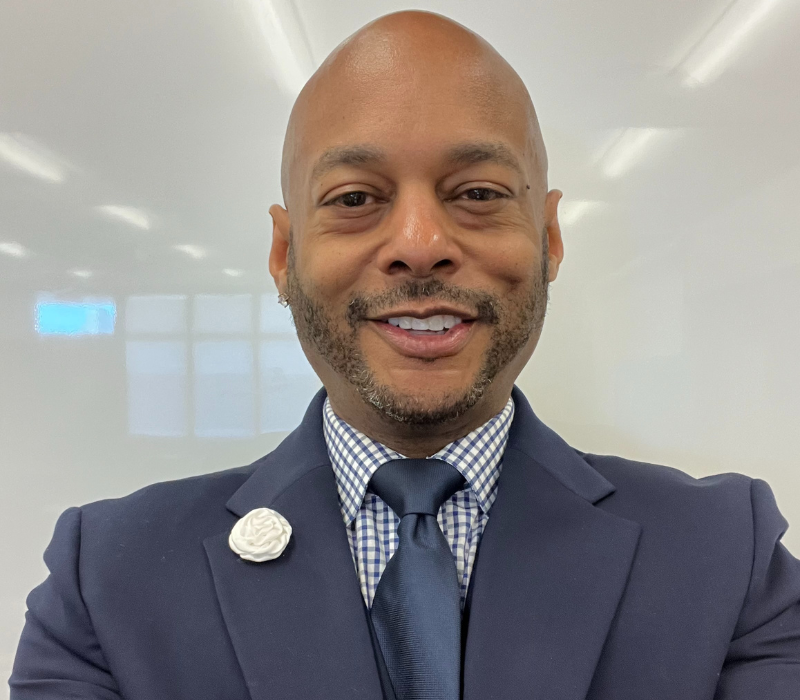The US, the USSR, and the World, 1942 to 2022
This course examines turning points in the Cold War and considers the domestic consequences for the peoples of the two superpowers and the developing world of this era.
Lead Scholar: Timothy Naftali
Master Teacher: Jermain Corbin
Image: Warren K. Leffler or Thomas J. O’Halloran photograph of an anti-Vietnam war demonstration in front of the White House in support of singer Eartha Kitt, January 19, 1968 (US News & World Report Magazine Photograph Collection, Library of Congress)
